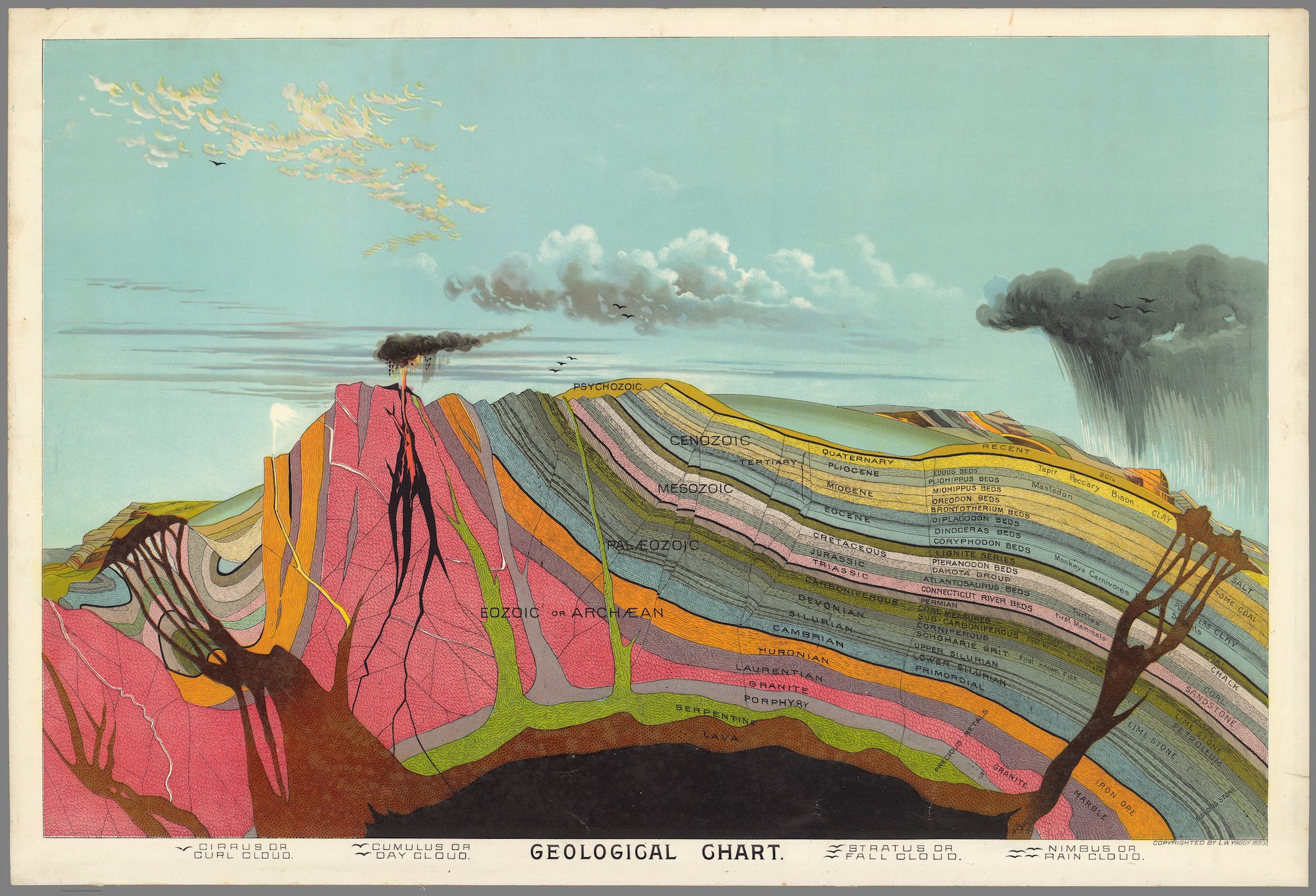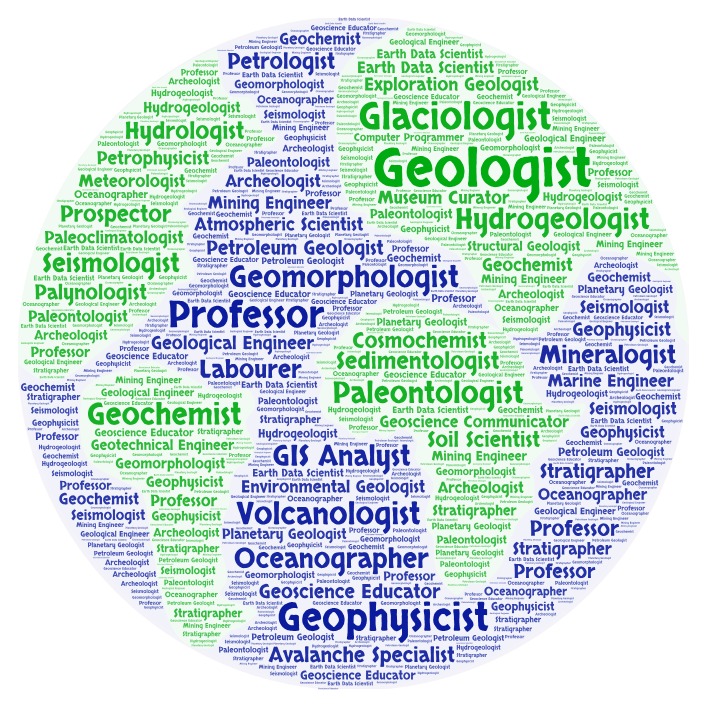
What’s it like?
A career in Earth Science means getting to work with your hands, head, and heart as it offers exciting opportunities, helps solve essential problems, and gives you access to some of the most beautiful places along with some of the most advanced technologies and coolest tools.
What do Earth Scientists do?
- They aim to understand our planet’s many different systems, what it produces and reworks, and how humans are connected to its natural cycles and resources;
- Protect the public by recognizing and mitigating the effects of natural hazards;
- Find and extract resources in a sustainable and responsible way;
- Help us find what we need while protecting the environment we rely on.
Who are Earth Scientists?
- A diverse group of people solving the puzzles of the planet – they are detectives of the world, and our connection to it. From adventurers to bookworms to coders, Earth Scientists have all kinds of interests and skill sets.
- They are curious, hardworking, creative, and interesting people who may have trained at a university, college, technical school, or through life experience.
- A range of backgrounds, cultures, and interests allows Earth Scientists to work around the world to tackle the planet’s challenges and make discoveries together.
Where do Earth Scientists work?
- They work in all kinds of spaces and places, from the field to the lab to the office, all around the world – and beyond.
- Your workplace may be the peak of a mountain, an underwater cave, a lecture hall or classroom, a high-tech remote sensing lab, a floating research vessel, an advanced mapping computer station, an archeological dig site.
- Where in the world will your workplace be?
Meet Earth Scientists from across Canada, and discover A DAY IN THE LIFE of a…
GEOSCIENCES LAB INSTRUCTOR
Dr. Lilian Navarro
What does your workday involve?
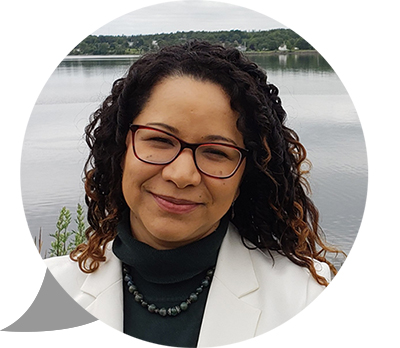
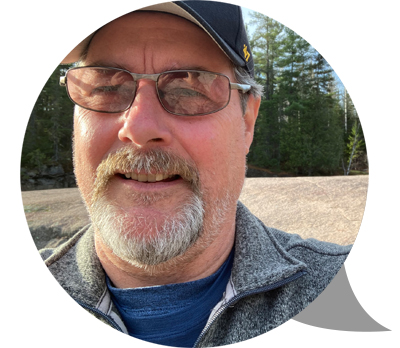
PROFESSIONAL GEOSCIENTIST
Micheal Parkhill
What’s great about being an Earth Scientist?
“Being a part of a regulated profession that makes a positive difference in the future of our planet. The work is always interesting and challenging. I’ve really enjoyed the people and connections I have made. The opportunities to travel and see the geology across Canada and internationally is a bonus.”
EXPLORATION GEOLOGIST
Ali Wasiliew
Where do you work?
“Fieldwork is a big part of being a geologist, so having a good attitude and a willingness to get your hands dirty is essential to becoming a well-rounded and successful geoscientist. As well, field practice skills are directly applicable to mineral exploration and mining as they complement the industry’s high standard for safety.”

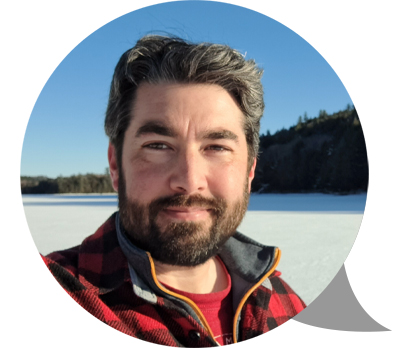
PALEONTOLOGIST, Professor & Museum Curator
Dr. Thomas Cullen
Where does your work take you?
HYDROGEOLOGIST
Wendy Kemp
What advice would you give someone interested in an Earth Science career?
“Take your passion for the natural environment and apply science to influence decision makers on how resources are used and protected. I enjoy helping the community where I live grow in a way that is sustainable, provides clean drinking water, and maintains our natural environment.”
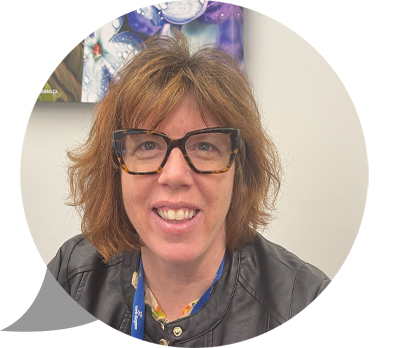
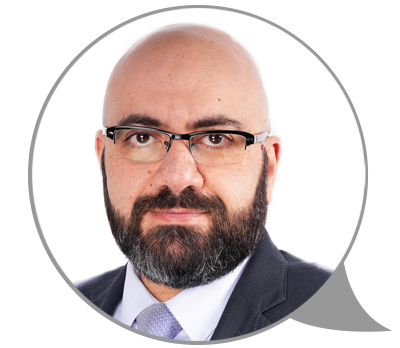
SENIOR GEOTECHNICAL SPECIALIST & PROFESSOR
Dr. Imad Alainachi
How does your work in Earth Science make a difference?
EXPLORATION GEOLOGIST, Jeremy Major
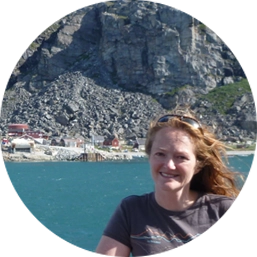
“I love Earth Science. As I look out at the mountains near my home, I imagine their growth through tectonic processes. When I see layers of shells and sandstone and clay, I put together a picture of how the rock formed. When I see a river system I think about its development over time. The Earth is always changing, and I feel connected when I understand the changes occurring.”
– Dr. Rachel Newrick, Exploration Geophysicist

